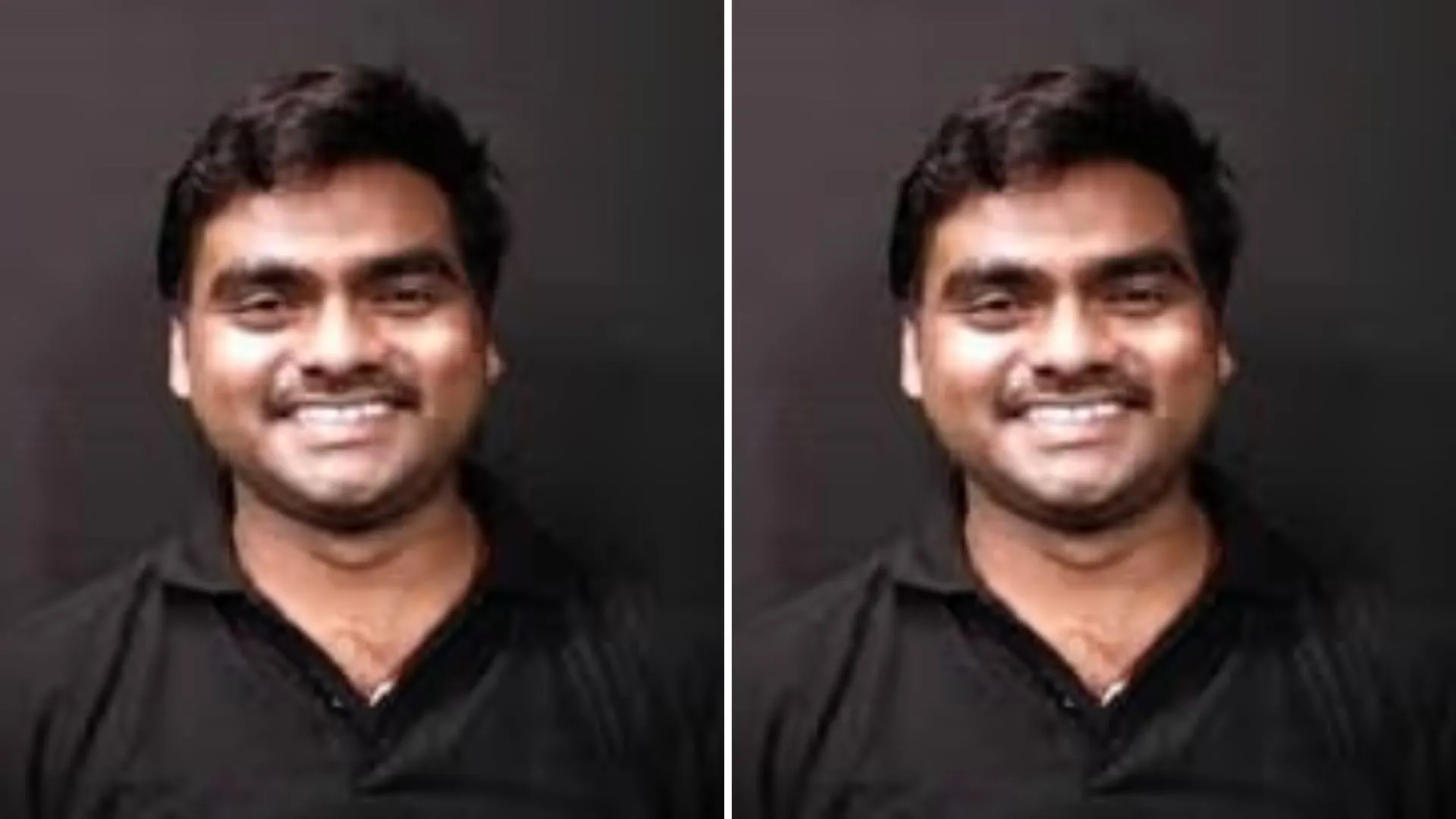Curated by Dr. Barbara McGillivray, an expert in computational linguistics, the list reflects how English has evolved alongside global changes. McGillivray shared, “I’m always amazed at how language evolves with the times, particularly how technology reshapes communication at such a rapid pace.”
From the 1930s to the 1960s: Cultural Foundations and Shifts
The 1930s introduced terms like “babysitter” and “nylon,” signifying changes in family structures and material advancements. During the 1940s, words like “nuclear” and “bikini” emerged, shaped by the war and changing lifestyles. The 1950s saw “disco” and “rock’n’roll,” marking the rise of music and youth culture. Meanwhile, “artificial intelligence” began gaining prominence, signaling the beginning of technological progress.
In the 1960s, words like “baby boomer” and “Bollywood” emerged as a reflection of cultural transformations. The 1970s introduced technological terms such as “app” and “virus,” alongside music-related words like “punk,” “hip hop,” and “karaoke,” further shaping the cultural landscape.
The 1980s witnessed the digital revolution, introducing words like “cell phone,” “virtual,” and “e-book.” The 1990s continued this trend with terms like “web,” “Google,” “emoji,” and “blog,” marking the explosion of the internet and digital communication.
The rise of social media in the 2000s brought terms like “hashtag,” “selfie,” and “crowdfunding,” reflecting changing communication patterns. The era also saw the global impact of cinema with the rise of “Nollywood,” while “mansplain” became a term addressing gender issues.
The 2010s introduced words like “catfish,” “deepfake,” and “ghosting,” which highlighted digital deception and changing relationship dynamics. At the same time, terms like “woke” and “forever chemicals” pointed to growing social justice and environmental concerns.
In the 2020s, words like “Barbiecore” and “bubble” captured the influence of pop culture and fashion, while terms like “doomscroll” reflected the mental toll of digital overload. The slang “rizz” has also made waves in online dating language, demonstrating how evolving vocabulary mirrors the digital age.
Language’s Role in Connecting People
Gauri Puranik, head of English programs for the British Council in India, emphasized that language is not just a tool for communication but a powerful force that connects people and drives change. She stated, “Language reflects cultures and serves as a bridge for global understanding.
MUST READ: Rohtang Pass Closed Due To Black Ice; Safety Advisery Issued For Tourists























